Coronavirus: A Nation Prepares
As Pandemic Worsens, Fear Heightens
COVID-19 has officially become a pandemic, causing people around the world to panic.
March 11, 2020
On March 11, the tenth confirmed case of a pandemic was announced in Nebraska. A new viral strain called COVID-19 began in Wuhan, China in late 2019 and has since spread to over 100 countries. We know it as the coronavirus and our community is located between the two locations, Camp Ashland and UNMC, that quarantined people off of the Diamond Princess cruise ship. It has been officially declared a pandemic by the World Health Organization (WHO), and with more cases beginning to appear locally, many are fearful.
“I am keeping an eye on the news,” junior Gavin Egger said. “Even though it’s not affecting me now, it can definitely be bad for older people and people who have immune system issues, and that’s the scary part. “
The first case in Nebraska was reported on March 6. The 36-year-old woman had recently returned from England and went to Methodist Hospital to be checked out, before being transferred to UNMC to be treated in the Biocontainment Unit. Two of her family members were identified as confirmed cases of COVID-19 on March 8. The woman attended a Special Olympics event held in Fremont, causing multiple people to be exposed to the virus. The town has closed schools, universities and businesses since.
“My family lives in Fremont, and if my great aunt, for instance, gets sick with the virus, she will more than likely die,” sophomore Ella Clarke said. “Although my cousins, who go to school there, are out of school and living life like normal.”
GPS administrators met on March 9 to create an official plan in the case of a local outbreak. Since COVID-19 is spread person to person in close contact with one another, classes, pep rallies, games and overseas school trips would potentially be canceled in the event of someone in our school being diagnosed with the virus. One proposed solution to make up the school work is a method called eLearning.
“We have contingency plans in the case of normal viruses, like the flu spreading, but my understanding is that coronavirus is even more contagious,” principal Mr. Todd Mueller said. “With coronavirus, we would be looking at closing the school for two weeks because the incubation period is much longer than the flu. Right now, our struggle is figuring out how eLearning would work, and if the state will count e-days as regular school days. There is a lot of unknown, and it’s hard to plan for the unknown.”
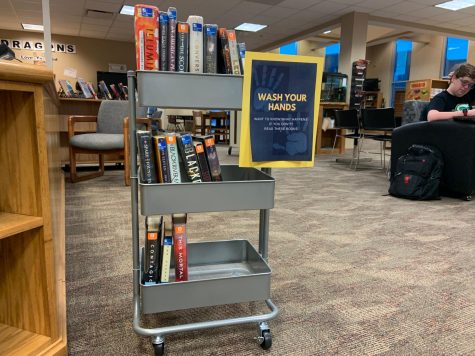
Warning Signs The library has posted a creative sign encouraging students to wash their hands.
The best form of protection from infectious illnesses is washing hands for 20 seconds with antibacterial soap as well as not touching one’s face. According to the WHO, a mask does not need to be worn unless taking care of someone with COVID-19, meaning the masks should be left for medical professionals. If a student does get sick with any illness, they are encouraged to stay home until they are better.
“We follow a policy from the health department when it comes to staying home,” nurse Mrs. Bridget Plathe said. “Some of those things are if you have a fever of 100 or higher, you have vomited in the last 24 hours and if you have a cough that you can’t control. If your doctor tells you to not come to school, don’t. Besides physical symptoms, eating healthy, getting lots of sleep and managing stress also helps you to stay healthy.”
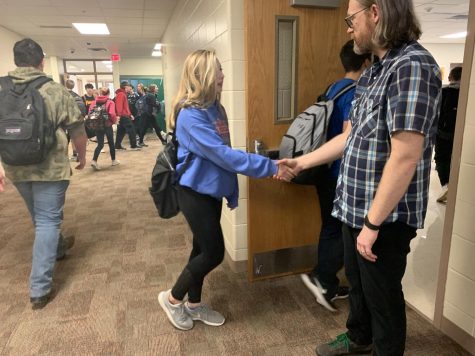
Taking Precaution At the beginning of the year, science instructor, Mr. Jason Larson, shook hands with every student that entered his room. Now, he is taking the advice of Nebraska Governor Pete Ricketts and is bumping elbows with students instead. This is done in an effort to prevent the spread of germs.
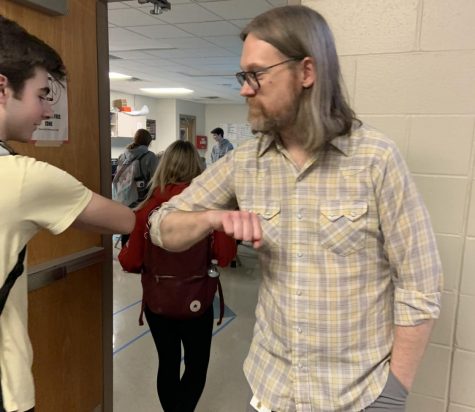
While chances of contracting the virus are fairly low right now, Omaha happens to be home to one of the best-equipped hospitals in the nation, the University of Nebraska Medical Center. After treating Ebola patients in 2014 at the Biocontainment Unit, UNMC was able to build a relationship with the US government, allowing for the construction of the National Quarantine Unit. When the outbreak hit, UNMC was asked to quarantine 15 Americans that were on the Diamond Princess cruise ship. Currently, seven of those Americans are still in quarantine, with one person still being treated in the Biocontainment Unit. While quarantine is taken very seriously, UNMC works to make it as comfortable as possible.
“The quarantine rooms are similar to dorm rooms or hotel rooms,” Nebraska Medicine Senior Media Relations Coordinator Mr. Taylor Wilson said. “They have comfortable beds, WiFi and cable television, along with exercise equipment. The people being monitored here largely don’t have symptoms or minor ones, so they are waiting for clearance via testing to be able to go home. The people here are able to be in contact with loved ones via Skype and FaceTime, and some have even done media interviews. They are able to talk to each other daily via a town hall we hold via teleconference. They discuss things that are helping them get through quarantine and let us know things they might need which could help them cope. One of our psychologists leads that call to provide some advice to help with their mental health.”
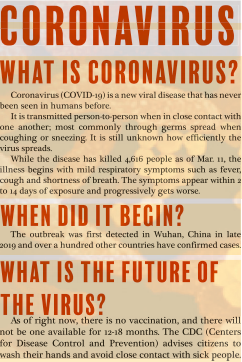
Beyond the local community, COVID-19 is affecting the economy. On Feb. 28, the stock market had its biggest one day drop since the financial crisis of 2008, causing the NYSE to halt stock trading. China, where the outbreak originated, is the biggest trade partner of the U.S. With many factories closed, China’s production level is down causing a drop in the supply chain. This drop has left international and American businesses struggling.
“If people can’t show up to work, or they can’t leave their homes, it causes a big drop in productivity and production,” business instructor Mr. Lucas Grossnicklaus said. “Big businesses like Google and Amazon have encouraged their employees to stay home. I think that the big kicker is going to be the international trade practically shutting down. To not have that supply chain, it will continue to affect the market and the GDP of a country. The unknown is the scariest part for businesses.”
COVID-19 can spread easily and quickly. With more cases popping up in the Metro and nationwide, citizens should remain aware of their surroundings and their health. Most importantly, wash your hands, stay home if sick, and practice good hygiene.



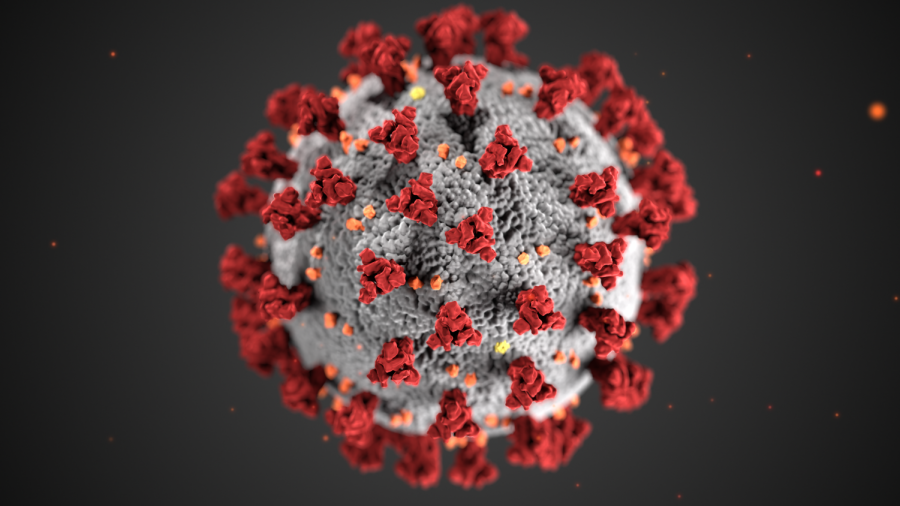


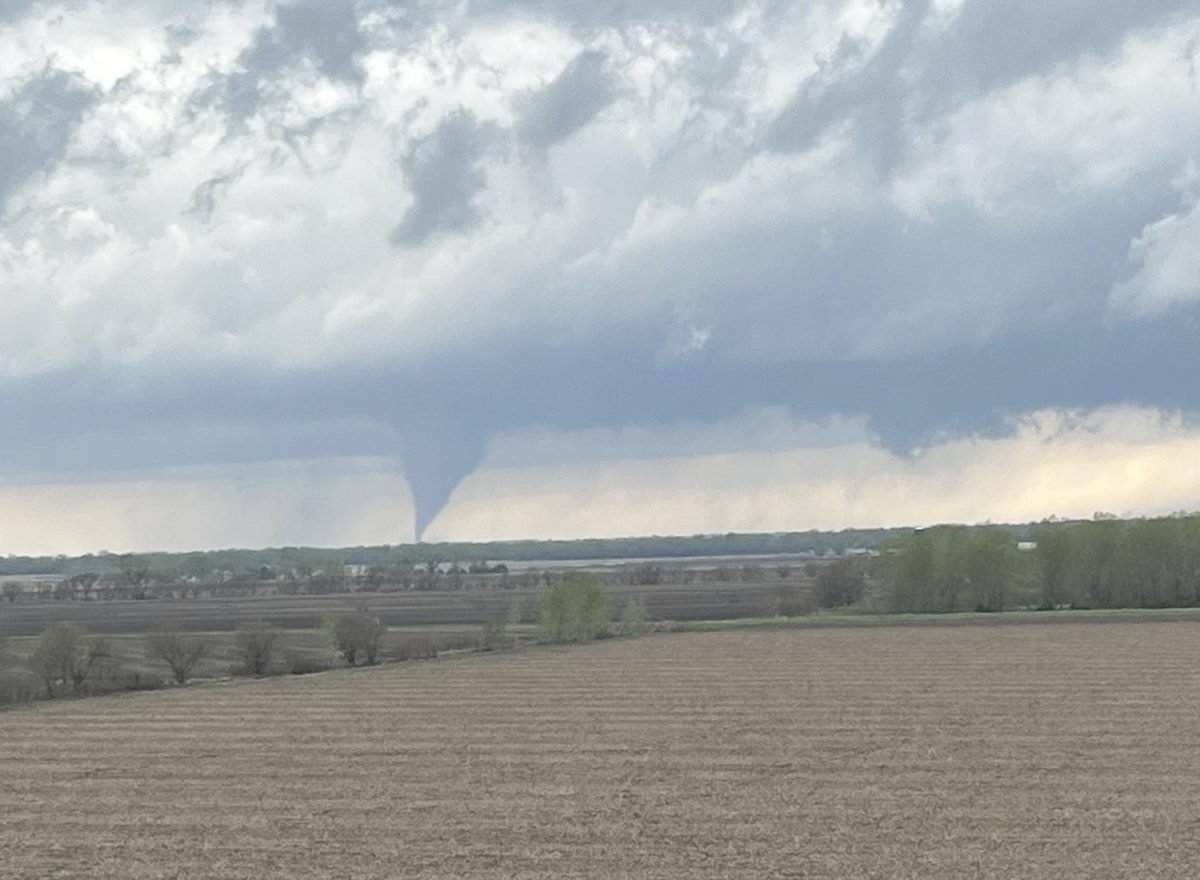

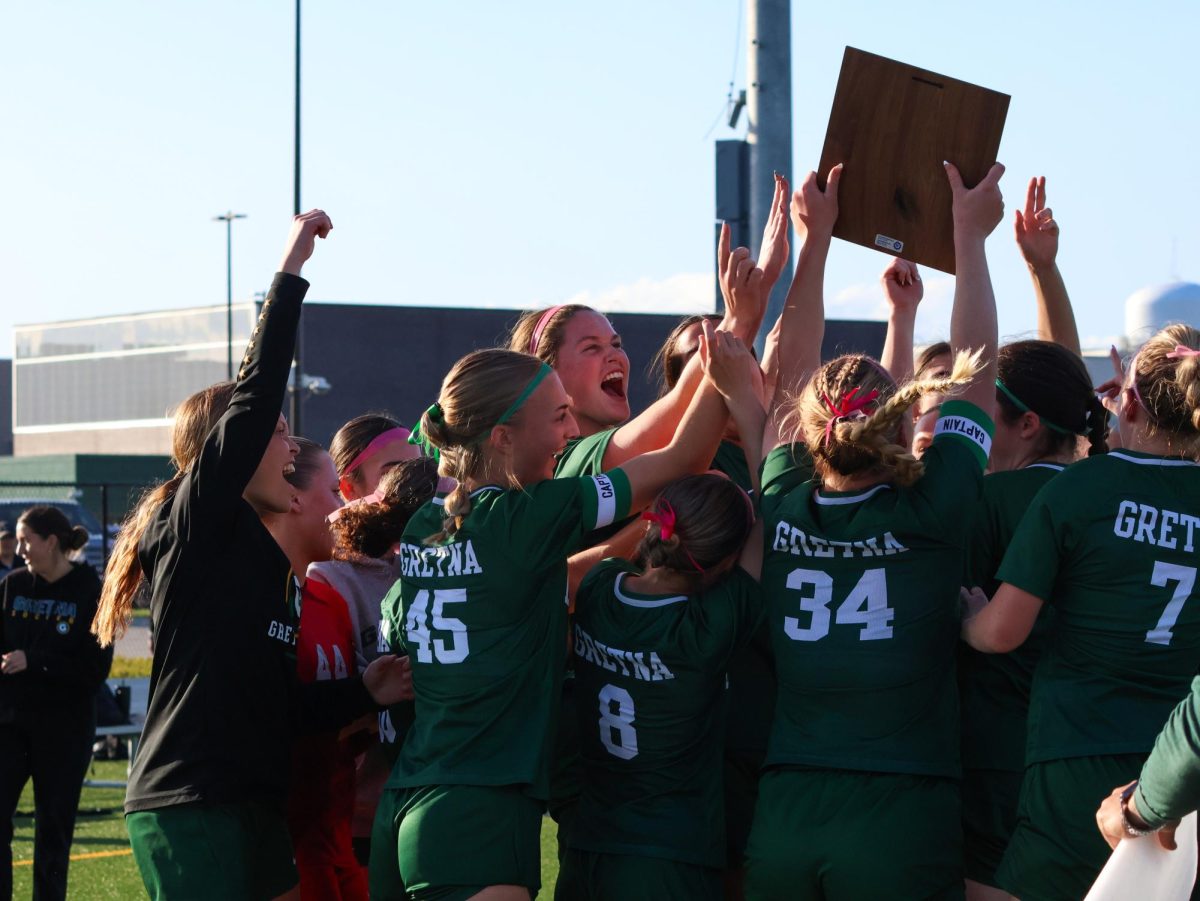
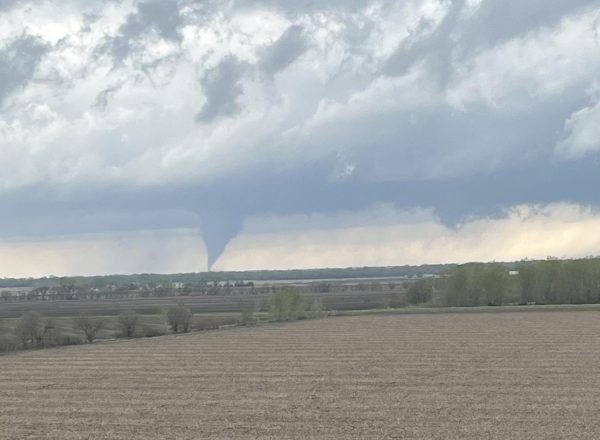


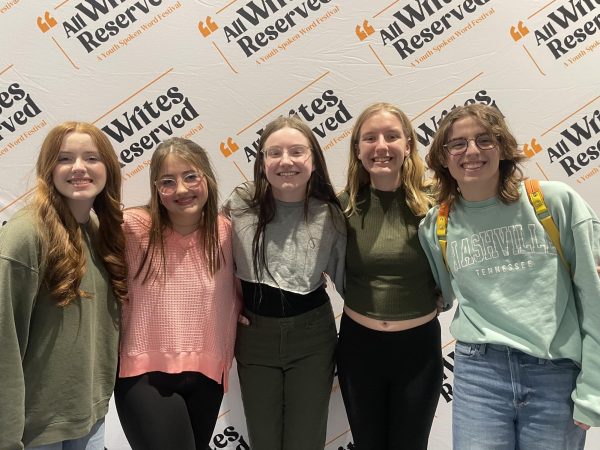


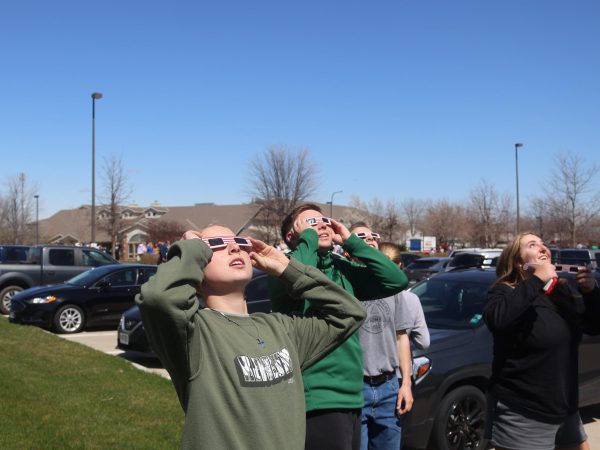


Arian Garcia • Mar 12, 2020 at 9:16 am
How many kids will have to get COVID-19 before we would shut down school operations? Also, good article.